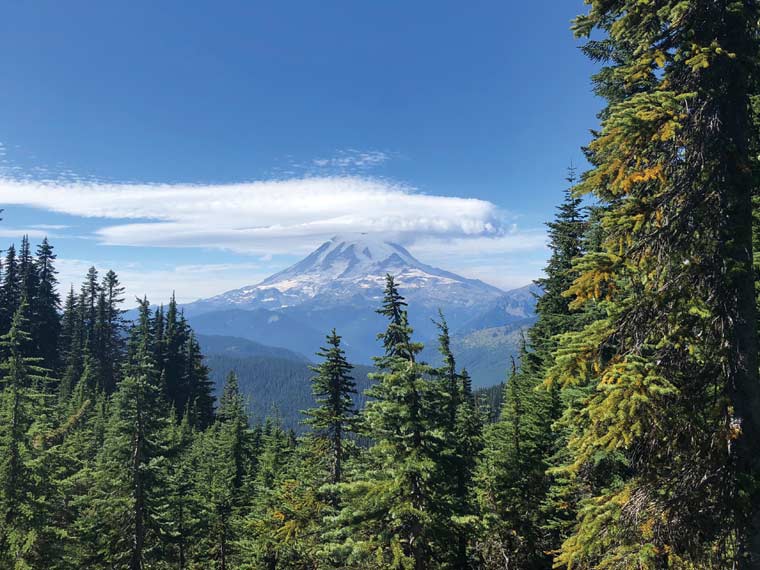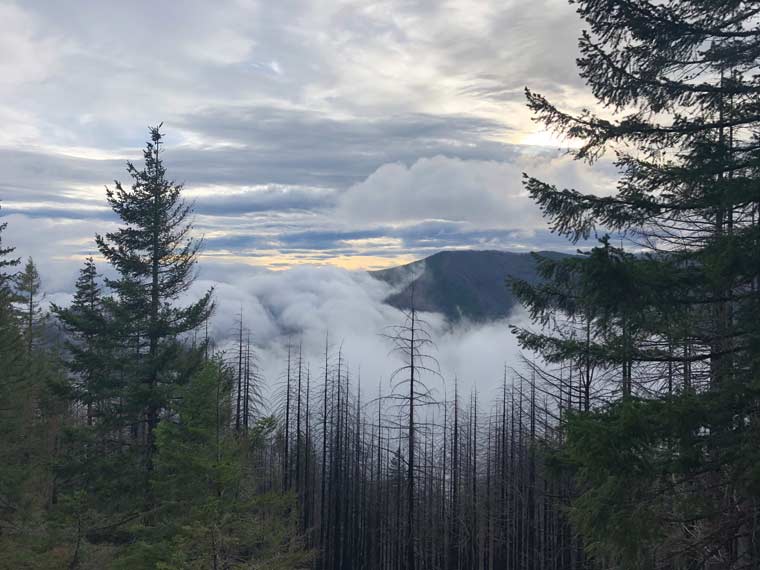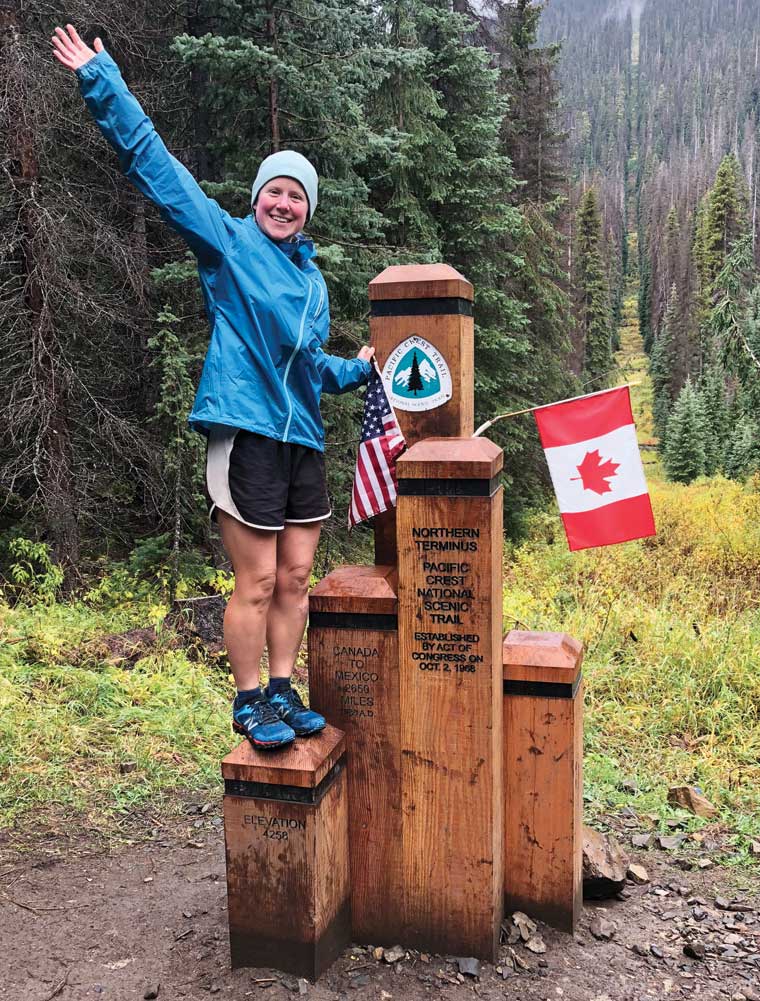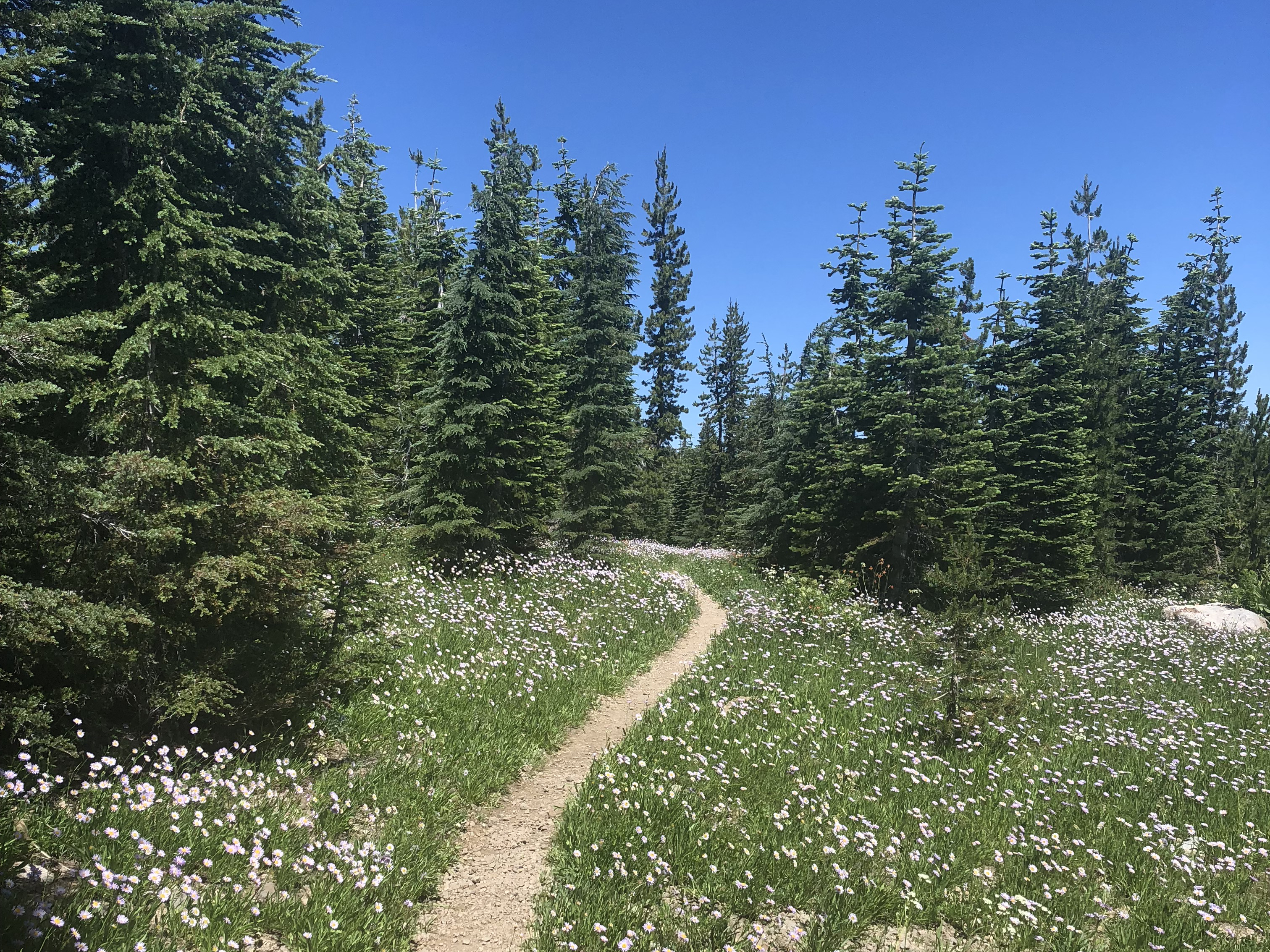Christina Dieckmann ’05 isn’t one to back down.

A senior staff attorney at Brooklyn Defender Services, where she represents indigent defendants in criminal cases, Dieckmann was working with a client accused of a felony. She thought he belonged in a court-monitored substance abuse treatment program. The judge and prosecutor in the case were adamant he go to prison.
Dieckmann’s 55-year-old client had prior felony convictions, though all of them were related to his addiction. With his past criminal record, a jail sentence might have amounted to a life sentence. Investing months of advocacy, Dieckmann eventually wore down—and won over—the judge and prosecutor. She reports that her client is now almost a year into his treatment program and doing well. “I wasn’t taking no for an answer,” she emphasizes.
Along the way, Dieckmann leveraged assets she acquired at Sarah Lawrence. “Critical, creative thinking and writing skills are invaluable in figuring out my point and purpose,” she says, “and actually knowing how to construct an argument that gets you there.”
Dieckmann’s clients often have complex histories that don’t track well into dualistic narratives. The work is intense. “When my first client got sent to prison, it was devastating,” she says. “I felt like I couldn’t breathe.”
In Dieckmann’s line of work, combating burnout is part of the job. Her idea of restorative therapy? A 2,650-mile solo thru-hike of the Pacific Crest Trail, completed in 153 days last year. While Dieckmann was no stranger to the outdoors—she is an avid skier and had hiked sections of the Appalachian Trail—she had never taken on anything like this.
Skirting the spine of the Sierra Nevada and Cascade ranges, running from Mexico to Canada, the PCT features terrain that goes from desert to alpine. It’s as challenging as it is sublime. On Day 1, Dieckmann’s alarm went off at 4:45 a.m., and soon she was at the southern terminus of the trail, steps from the Mexican border. She hiked under a ferocious heat that first day, encountering a trail angel with a cooler full of ice-cold beer at mile 20. “That was the best Miller Lite I’ve ever had,” she says. It was the first of many surprises the mercurial trail had to offer.

One early September morning in Washington, about 250 miles from the trail’s end, Dieckmann woke up in a tent covered by snow. Winter had arrived unexpectedly. “I didn’t have the proper equipment for serious winter trekking, and I wondered for the first time if I could finish,” she recalls. Gritting her teeth, she packed up her soaked, leaden gear, and she and her trail mates for that day trudged their way through snow over a 1,000-foot rise. At the crest the snowstorm cleared, and before them was a sparkling mountain vista. From there the weather improved, and the outcome was never again in doubt.
Like many odysseys, Dieckmann’s ended with an insight, and like many insights it came from an oblique angle. “I began the hike thinking I would figure out all the answers out there,” she says. “About halfway through it became apparent that wasn’t going to happen. One thing I did learn was to give myself permission to know that I might not find the answers on this hike, or ever, and that’s okay, as long as I keep looking.”
Written by Chris Quirk

